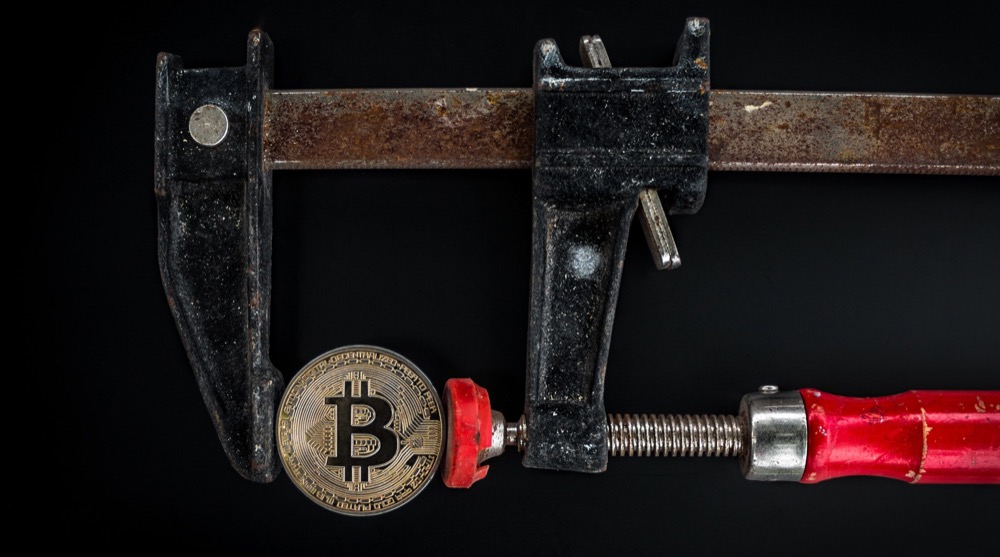
The popularity of cryptocurrencies is growing every day more and more – the reason for this is, not least, the rise in the price of electronic money. With the rise in cost, demand also increases – more and more countries recognize cryptocurrency as a full-fledged means of payment, and cafes or shops where you can pay with the latest money can be found in almost any developed country. All this makes you think about how to build a cryptomining rig based on video cards in order to receive passive crypto income.
The basis of any mining farm is a video card
When the cryptocurrency movement was just beginning to emerge, electronic money could be mined on ordinary personal computers or laptops. In 2009 (when bitcoin was first introduced to the world), in order to extract cryptocurrency, the computer needed to solve a certain algorithm (which was created by the system).
To choose a good video card for mining, you need to pay attention to the following parameters:
- The most popular and high-quality types of video cards for mining are NVIDIA and RADEON. For example, from NVIDIA video cards, professional miners prefer the GTX 1070 and GTX 1080 models, and among the RADEON models – SAPPHIRE Radeon RX 570. Since the complexity of mining is constantly increasing, and the video cards themselves are being improved by manufacturers, when choosing it is better to take a closer look at the latest models.
- The cooling system in the video card should be as powerful as possible. For example, the best option is ASUS Radeon RX 580.
You can check more interesting and different choices, by checking “Coin Trade&Mine” site at this link – https://mininghelp.com/
Which processor to choose for home mining
A processor for a home farm is also necessary – after all, in fact, you need to assemble a mini-computer that will earn cryptocurrency. However, the processor is not a key component of the farm, so a simple option will do that will keep your system running smoothly. It is worth remembering that the choice of processor largely depends on which models the motherboard supports – accordingly, when choosing, it is better to check its specifications so as not to miscalculate with the socket and processor generation. So you shouldn’t chase additional power in choosing a processor for home mining – the simplest dual-core or quad-core processor will do.
What risers to install on a home farm
Unlike the rest of the details of a mining farm, risers are not used in the operation of personal computers and are bought exclusively in cases where it becomes necessary to assemble a farm. The riser is a small adapter between PCIx16 and PCIex1 slots. In simpler words, a riser is an adapter between a video card and a motherboard. What is the best raiser for home mining?
There are two types of risers:
- On USB 3.0. Stable in work, have a higher build quality.
- On trains. They are also used in the assembly of mining farms, but less often, since they are an older version of risers that existed even before the advent of equipment on USB.
